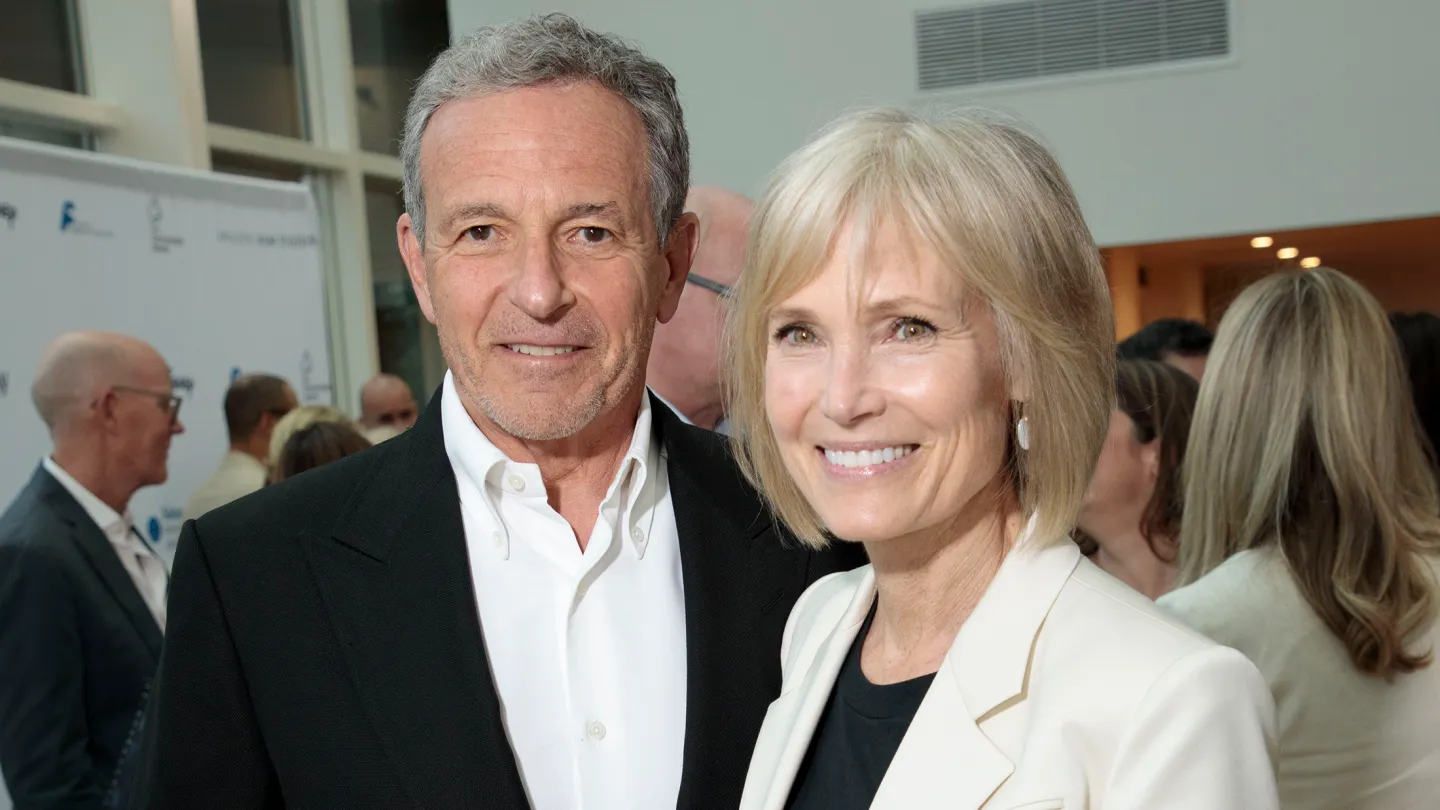By Koh Ewe
Copyright bbc

According to sharp-eyed Weibo users, American skincare brand La Mer, French luxury brand Louis Vuitton and Swiss watchmaker Piaget have all scrubbed Jun from their social media accounts.
“Besides removing Jun Ji-hyun advertisements, quickly terminate her contracts globally. Otherwise we’ll boycott LV forever,” reads one comment on Louis Vuitton’s Weibo account.
Jun’s agency told local news outlet MBC on Tuesday that the actress’s brand campaigns were “unrelated” to Tempest and had ended before the show’s release.
Chinese consumers are known to harness their massive spending power in pressure campaigns when they perceive insults to Chinese national pride.
Brands from Swedish fashion giant H&M to Japanese clothing chain Uniqlo and most recently Swatch – for an ad featuring an allegedly racist gesture – have all found themselves the target of such boycott campaigns.
Some people have come to Jun’s defence, arguing that she was not the one who wrote the controversial line.
“Jun Ji-hyun is just an actor. It is impossible for her to understand the history of a country, the emotions of the people, and the intricate relationships between countries before making a movie,” one Weibo user wrote, blaming the incident on the “ignorance” of the show’s crew and writers.
But such sentiments have been drowned out by heated opposition. “Even a washing machine can’t whitewash something as well as you,” reads a comment to the post.
“She isn’t a small-time actor. She has a choice of script, she can read the script! Who can force a popular star to do this?” another wrote.
Jun swept to stardom with the 2001 rom-com My Sassy Girl, which took Asia by storm and established her as a noughties ‘it girl’. Since then, she has found enduring success with her roles, from the 2013 fantasy romance series My Love from the Star, to the 2021 Netflix thriller Kingdom.
But like many other South Korean celebrities, she has been conspicuously missing from China’s entertainment scene since the 2016 ban.
Optimism had surrounded a lifting of the ban earlier this year, as bilateral ties appeared to be warming.
In March, South Korea’s foreign ministry said that the two countries’ foreign ministers agreed to work on restoring cultural exchanges. The following month, South Korean hip-hop band Homies became the first all-Korean group to perform in mainland China in nearly a decade.
But it’s hard to say how much K-pop and K-dramas will be let back into what was once its biggest market.
In May, K-pop boy band Epex was slated to perform in Fuzhou, in what would have been a landmark concert for K-pop in China. But their show was cancelled weeks before the event, with their management agency citing “local circumstances”.
Last week, when asked about the postponement of another concert in Hainan province that was set to feature multiple K-pop groups, Chinese foreign ministry spokesperson Lin Jian said that China did not oppose “beneficial cultural exchanges” with South Korea.
Over the last decade, China has proven to be a pop culture juggernaut in its own right, capable of keeping its population of 1.3 billion entertained with homegrown media. And for many Chinese viewers, the ongoing controversy surrounding Tempest has given them another reason to steer away from K-content.
“It’s already 2025 and you’re still watching K-dramas, how tacky!” wrote a Weibo user.



